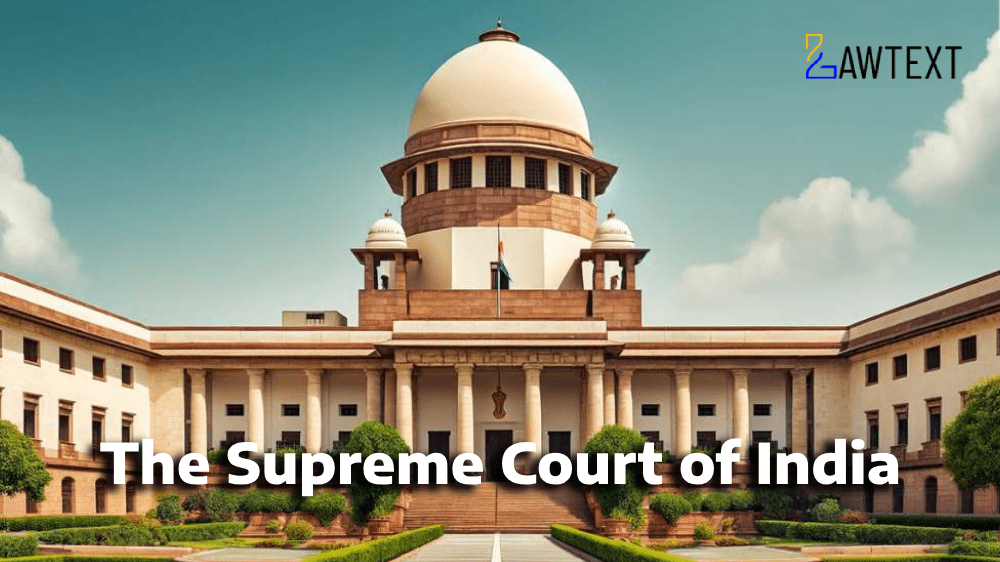Case Note & Summary
The Supreme Court restored the trial court’s summoning order, allowing the appellant's criminal case to proceed against his wife and her family. The respondents had allegedly misled the appellant into marriage while concealing that the wife was still married to her previous husband. Charges under Sections 420 and 120-B of the Indian Penal Code (IPC) for cheating and conspiracy were reinstated.
1. Facts of the Case (Paras 1–4): Background: The appellant married respondent no.1 (Sharmila Das) on April 28, 2018. Post-marriage, the appellant discovered that Sharmila was still legally married to her first husband. Legal Action: The appellant filed for annulment of the marriage and lodged a criminal complaint alleging that the respondents misrepresented her divorce status and induced him into marriage fraudulently. Charges were framed under Sections 494, 420, and 120-B, IPC. 2. Proceedings in Lower Courts (Paras 5–6): Sessions Court's Decision: The Sessions Court quashed the charges under Section 420 and 120-B against all respondents, except for Section 494 (bigamy) against respondent no.1. High Court: The High Court upheld the Sessions Court’s decision. 3. Appellant’s Arguments (Paras 7–7.6): Cheating and Misrepresentation: The appellant claimed the respondents showed him a fake divorce decree and dishonestly induced him to marry Sharmila while she was still married. Financial Inducement: The appellant alleged he was also made to pay ₹2 lakhs and cover marriage expenses under false pretenses. 4. Respondents' Defense (Paras 8–9): No Cheating: The respondents argued that there was no concealment of facts as they had disclosed everything, including the divorce status, from the beginning. 5. Court’s Analysis (Paras 10–12): Findings: The Supreme Court noted that prima facie evidence of cheating was present, as the appellant had been shown a fraudulent divorce decree and was misled about Sharmila's marital status. Legal Approach: The Court emphasized that at the summoning stage, a prima facie case is sufficient for the issuance of process, and the lower courts had erred by delving too deeply into the merits. 6. Supreme Court’s Conclusion (Paras 13–16): Restoration of Summoning Order: The Supreme Court set aside the orders of the Sessions and High Court and restored the Magistrate’s order, allowing the case to proceed on charges of conspiracy and cheating (Sections 420, 120-B IPC). Acts and Sections Discussed: Indian Penal Code (IPC), 1860: Section 420: Cheating and dishonestly inducing delivery of property. Section 120-B: Criminal conspiracy. Section 494: Bigamy. Hindu Marriage Act, 1955: Section 11: Annulment of void marriages. Section 13: Divorce. Section 13-B: Divorce by mutual consent. Ratio Decidendi:The Supreme Court held that the lower courts had erred in setting aside the summoning order. A prima facie case of cheating and conspiracy was evident based on the appellant's claims that the respondents misled him with a forged divorce decree. The Court reaffirmed that at the stage of summoning, the Magistrate need only find enough material to issue process, not determine guilt or innocence.
Subjects:Matrimonial Fraud, Cheating, Criminal Conspiracy.
IPC 420, IPC 120-B, Bigamy, Matrimonial Deception, Fraudulent Marriage, Hindu Marriage Act.
Issue of Consideration: Aniruddha Khanwalkar Versus Sharmila Das & Others
Premium Content
The Issue of Consideration is only available to subscribed members.
Subscribe Now to access critical case issues





